Proper hydration is crucial for overall health and plays a vital role in supporting muscle function and development. Muscles are composed of a significant amount of water, and maintaining adequate hydration levels is essential for optimizing muscle performance, preventing muscle cramps, and supporting muscle recovery. In this article, we explore the link between hydration and muscle health, highlighting the importance of hydration for muscle function and providing practical tips for staying properly hydrated.
Hydration and Muscle Function
- Muscle Contraction and Performance: Water is essential for maintaining optimal muscle function. Dehydration can lead to a decrease in muscle strength, endurance, and power output, impairing athletic performance and overall physical capabilities.
- Nutrient Delivery: Adequate hydration is crucial for transporting nutrients, such as glucose and oxygen, to the muscles. Proper hydration enhances blood circulation, ensuring efficient nutrient delivery for energy production and muscle repair.
- Waste Removal: Hydration plays a key role in eliminating waste products produced during muscle metabolism. Sufficient water intake supports the removal of metabolic waste, helping to prevent muscle fatigue and soreness.
- Electrolyte Balance: Electrolytes, including sodium, potassium, magnesium, and calcium, are essential for proper muscle function. Maintaining proper hydration levels ensures the balance of electrolytes, enabling optimal muscle contraction and preventing muscle cramps.
Hydration Strategies for Muscle Health
- Monitor Fluid Intake: Pay attention to your fluid intake throughout the day, not just during physical activity. Ensure you consume adequate fluids to replenish any losses and meet your hydration needs. The National Academies of Sciences, Engineering, and Medicine recommends a daily water intake of about 3.7 liters (125 ounces) for men and 2.7 liters (91 ounces) for women.
- Pre-Exercise Hydration: Drink fluids before engaging in physical activity to ensure you start well-hydrated. Consume approximately 16-20 ounces of water 2-3 hours before exercise and an additional 8-10 ounces 10-20 minutes before starting.
- During-Exercise Hydration: Stay hydrated during exercise by drinking water at regular intervals. The exact amount depends on factors such as the duration and intensity of the activity, weather conditions, and individual sweat rate. Aim to consume 7-10 ounces of fluid every 10-20 minutes during exercise.
- Replenish Electrolytes: When engaging in prolonged or intense physical activity, consider replenishing electrolytes lost through sweat. Electrolyte-rich sports drinks or natural sources such as coconut water can help maintain electrolyte balance.
- Post-Exercise Rehydration: Properly rehydrate after exercise to support muscle recovery. Consume fluids and include foods with high water content, such as fruits and vegetables, to replenish fluid and nutrient levels.
- Listen to Your Body: Pay attention to thirst cues and bodily sensations during physical activity. Drink when you feel thirsty and adjust your fluid intake based on individual needs and environmental conditions.
Hydration is a fundamental aspect of maintaining muscle health and optimizing performance. Proper hydration supports muscle function, nutrient delivery, waste removal, and electrolyte balance, all of which are crucial for muscle strength, endurance, and recovery. By adopting effective hydration strategies, monitoring fluid intake, and staying mindful of individual needs, we can ensure optimal muscle health, prevent dehydration-related performance setbacks, and promote overall well-being. Remember, staying hydrated is key to unlocking your body’s full potential and achieving your fitness goals.
Water, Milk and More
-

Are Plant-Based Protein Drinks Good Alternative to Milk?
With the rising popularity of plant-based diets and the growing awareness of environmental and health concerns associated with dairy consumption, plant-based protein drinks have emerged as a prominent alternative to traditional milk. Derived from various plant sources like soy, almond, pea, and hemp, these beverages are promoted for their nutritional content, ethical appeal, and environmental…
-

Why Herbal Teas and Which Are the Best for Wellness
-

Coconut Water vs. Sports Drinks: Which One is Better for You?
-

Drink Coconut Water for Max Hydration and Energy
-

How to Support Fluid Balance with Natural Diuretics
-

The Impact of Coffee on Hydration: Myths vs Facts
-

Symptoms of Dehydration and How to beat it


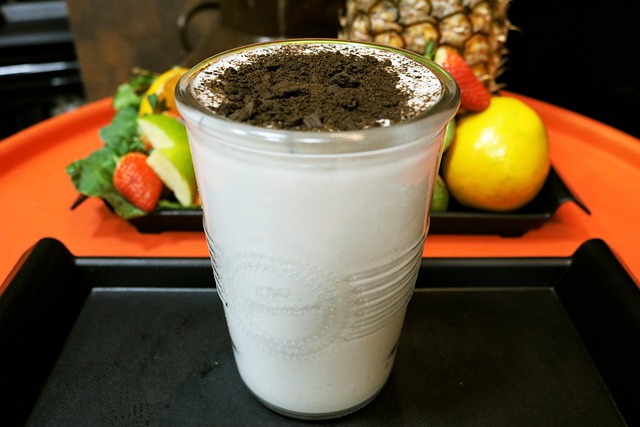
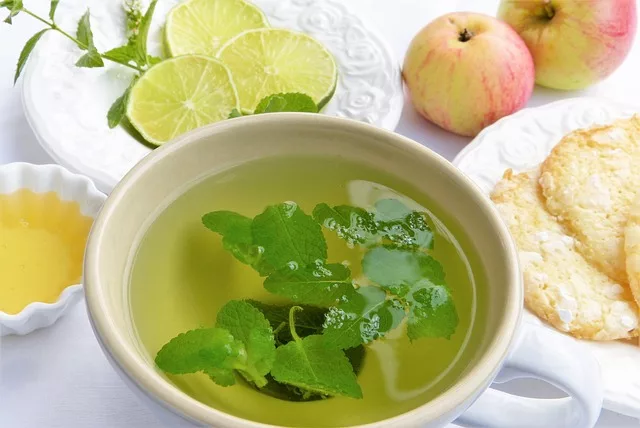
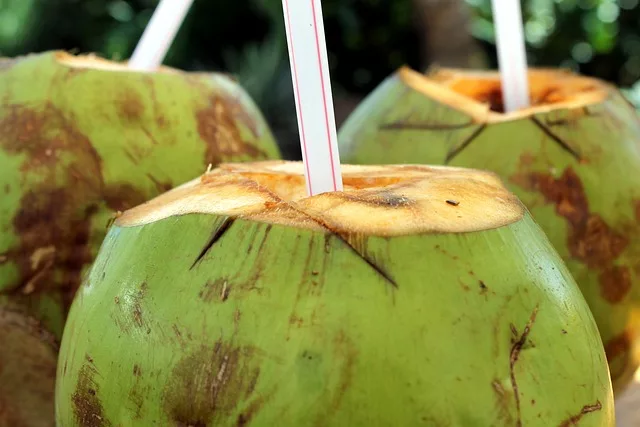

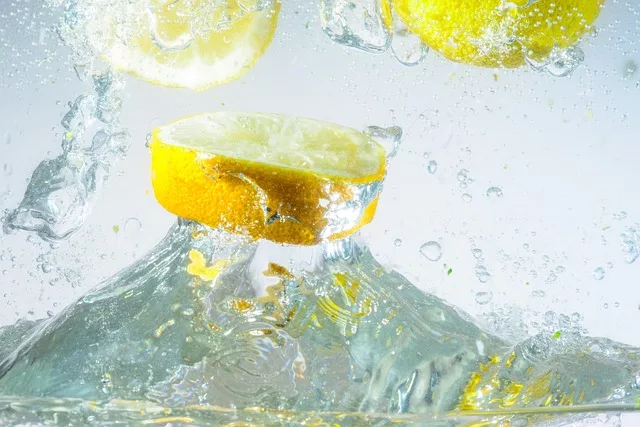

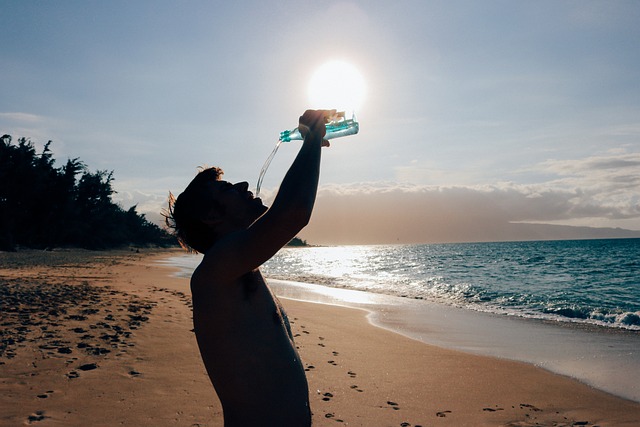
Leave a Reply